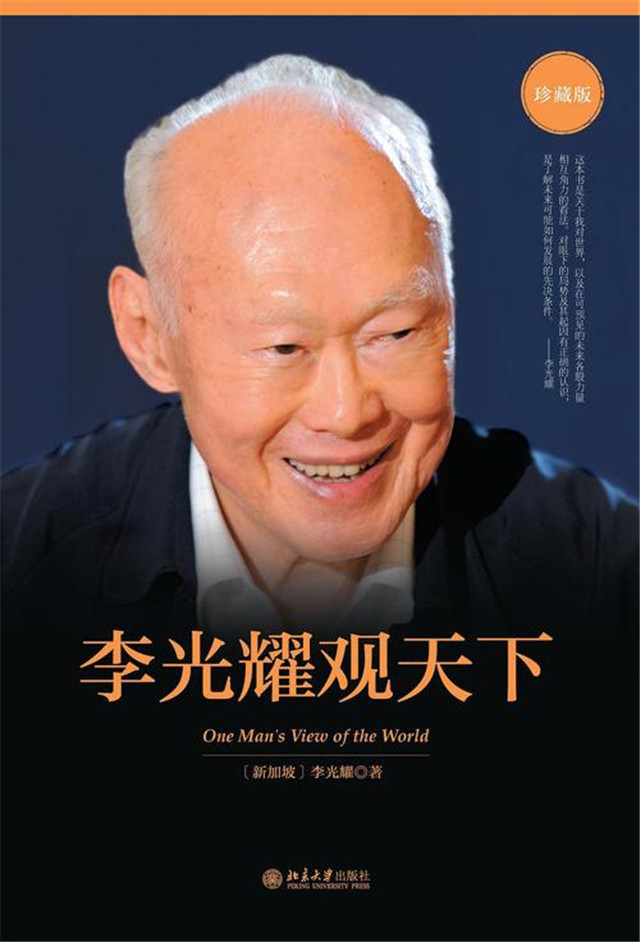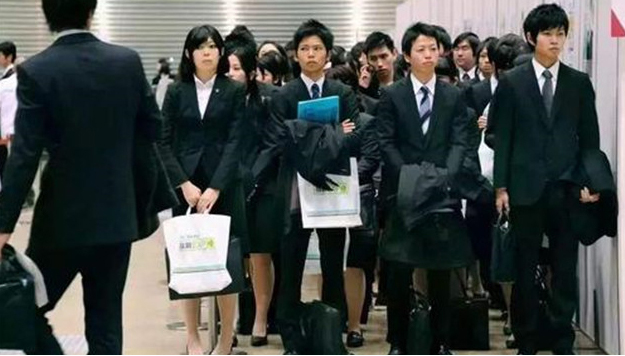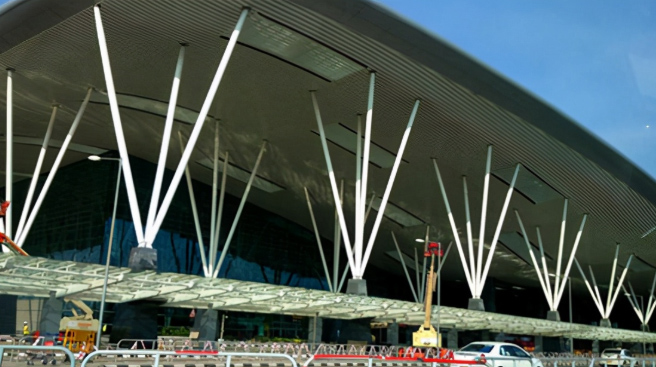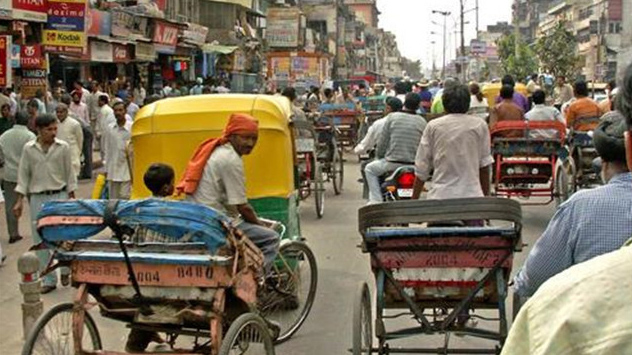Lee Kuan Yew's late-life prediction for the world: the break-up of the euro, Japan's descent into mediocrity and India's woes Every man has his faults. To face up to their shortcomings, and try to change, to succeed. The same is true of governance. In his late years, Lee Kuan Yew's View of the World, put forward his own views on the development trend of Europe, Japan and India.
In his view, the euro zone would break up, Japan would fall into mediocrity and India would face "difficulties" in its development. Left unchecked, the world will rebalance. 
The euro zone will not last Lee Kuan Yew believes that the European Union was founded with a good vision, but there are many unsatisfactory aspects in the actual operation process, and it will be difficult to go further and further. In 1993, the European Union was born. At that time, the idea was to make the EU a model of trans-regional integration development and governance in the world, so as to give full play to three effects: one is to promote European economic growth; the other is to enhance Europe's international status; the third is to promote European social development, improve the overall social welfare and gradually reduce the gap between the rich and the poor. However, in the process of promotion, the mechanism of coordination and overall planning among countries has not been fully established, and there is a crisis of governance of excessive expansion and insufficient deepening. Border controls and restrictions have been abolished across the EU. Citizens of eu member states have greater freedom of movement within the EU, free of restrictions on entry and exit, and free to choose where to work and where to live. 
With a long history, different cultures and different languages, it is not easy for Countries in Europe to truly integrate and develop. Citizens also identify with their own culture and history. Even if they live in other countries, people from different countries cannot have strong cohesion. Ideal is very plump, the reality is very skinny. The potential of the eu as a whole would be unlimited if Europe were truly integrated, but the reality is not what it seems. In particular, the EU seems to have a common external finance minister and foreign minister, it seems to be a community of common destiny. In the long run, the EU is nothing more than an empty shell, with each country running its own affairs in the same old way. Without a functioning EU, alliances will sooner or later fall apart. Lee Kuan Yew believes that the EU has a good intention to promote monetary integration and wants to save the euro, but the decision-making and promotion sequence is completely wrong. The European Union is putting the cart before the horse by pushing ahead with monetary integration without fiscal integration. The fate of the euro zone is entirely predictable and it will eventually break up. The European Union is a far cry from its former self. Such an alliance would only make them less competitive. Europe, it seems, will slowly lose its place on the international stage to a supporting role. 
Japan goes to mediocrity Lee Kuan Yew would argue that Japan, though a laggard, was able to catch up with the rapid industrial development and finally succeeded. But the trend is towards mediocrity. The crux of the matter is that Japan has a serious demographic problem that is difficult to solve. According to the published data, Japan's fertility rate is only 1.43 in 17 years, compared with 2.1 50 years ago. A level of 2.1 implies a population size capable of generational replacement. Low fertility is a demographic and social problem not only in Japan, but also in the whole of East Asia. So the probability that Japan wants to import population from other countries to support its own development is also very low. 
The population problem is a social pain point that no country can avoid. In order for a country to develop, human resources should come first, and only when people work can they prosper. A country's labor "able-bodied" must be dominated by young people as the main force. A new round of national productivity and consumer spending is largely on the back of the wave. Japan's population problem, therefore, is an impediment to growth, and even if it is recognised, it will be difficult, if not impossible, to solve. To solve Japan's demographic dilemma, we should start from two aspects: first, to increase Japan's fertility rate; second, to open the threshold and introduce immigrants. But both measures are hard to implement in Japan. Japan's low birth rate has a lot to do with its policies. With the improvement of women's educational level, the awakening of self-consciousness and the pursuit of self-worth, more and more women choose to establish themselves in the society. But instead of advancing with The Times and giving more maternity leave to women, Japanese companies have put up so many barriers that many working women are unwilling or afraid to give birth. But if Japan does not allow women to participate in the division of labor, it is a sign of social retrogression. An educated woman also has a great influence on the education of the next generation. So, the more women pursue independence and equality, the lower the fertility rate of the society. In modern society, it is an inevitable trend for women to improve their status and compete with men in politics, economy and other fields. However, if the corresponding preferential policies for women are not matched, it is inevitable that women's fertility desire is not high. As a result, Japan cannot alleviate its low fertility. Nor is it a good place to bring in immigrants. Japan is basically a completely homogenous, self-contained country that has never been very friendly or tolerant of outsiders or immigrants. The descendants of Brazilians of Japanese descent show how difficult and difficult it is to integrate into Japanese society. In terms of appearance, they are similar to native Japanese and speak the same Japanese. However, due to the different culture and environment they grew up in, Japanese descendants from Brazil still cannot be accepted by the native Japanese when they come back to Japan, and they are regarded as alien even if they want to integrate into the local society and live a normal life. Asian Chinese or Koreans who emigrate to Japan also face integration difficulties. Japan's population is declining and its society is aging. The growing decline of the labor force has become a prominent problem in Japanese society, eventually leading to Japan's mediocrity. 
India has a lot of difficulties As a former British colonial country, India inherited the good governance system and many better working mechanisms left by the former British colonial government after independence. But in Mr. Lee's view, India's advantage has waned over time. There is a big problem in the management system because of the poor environment of development in India. India has adopted a system of central planning. Under this system, India's control at the central level is too extensive, resulting in poor progress. Even if India's political leaders want to reform, they have to deal with a bureaucracy that is not conducive to change, or even resistant to change. Such a system would create a bad political environment. There is so much marginalisation and corruption within India that even reform will not help. The ruling party in India is changing constantly, and its policies are not consistent. The new leaders always cater to the people, which directly leads to the difficulty in maintaining and implementing the democratic political policies in India. In the case of Bangalore's airport, new construction has been planned for years, but it took a lot of pain to get the go-ahead. 
There are many "hard wounds" in India's constitutional and political systems, which prevent India from achieving rapid development. Leaders have dug themselves a big hole, and whatever they want to do must go through a complicated process at the central level, and even a more complicated approval process around the states, before they can do it. This undoubtedly reduces the administrative efficiency. A lot of things through such a complex "turn", have been difficult to land. India is also struggling to reform its tax system, which is the lifeblood of the country. India has tried and failed to introduce a VAT system at home. Each state has its own "idea" and will simply refuse to take part in the tax reform process at the national level. India is also plagued by corruption. The heavy bureaucracy once hindered India's administrative efficiency and dragged down the vitality of Its economic development. Bureaucratic red tape in India is widespread and severe, with high administrative barriers. You have to wait 88 days to get all the relevant permits to start a business in India; Filing for bankruptcy in India takes 11 years. This can slow down investment and career creation. State governments are running big deficits, which exacerbate the problem of bureaucratic corruption. 
India's poor infrastructure undermines the hard environment for development. If India's infrastructure is improved, domestic investment will follow. India will lose out in the global economic reshuffle if it does not invest time and energy and money to improve its infrastructure. But new infrastructure has to go through complicated procedures, making it slow to build, leaving India in a slow-development "dead end". India has a lower percentage of educated people. In the long run, India will suffer from a shortage of top talent. India's domestic working population is unable to keep up with the economy and get the necessary skills. India's development is without vital Labour support. India faces many difficulties on the road of development. Problems such as state system, infrastructure and corruption will become the weak links that restrict its development. They will not be paid attention to and may even become "fatal" problems. 
As the international situation is changing and the leaders of various countries are changing constantly, their strategic plans and implementation capabilities are also changing. The world situation is unpredictable, such as Lee Kuan Yew has a wealth of political experience of the "old wizard", may see the issue more thoroughly, more forward-looking. Reference can be made to the prophecy. It takes a good blacksmith to make steel. If China is to stand on a new stage on the world stage, the key is to continuously enhance its comprehensive national strength. Only in this way can China avoid being blown down or destroyed by the waves and endure the wind and waves.
|  中文
中文  にほんご
にほんご  Deutsch
Deutsch 中文
中文  にほんご
にほんご  Deutsch
Deutsch